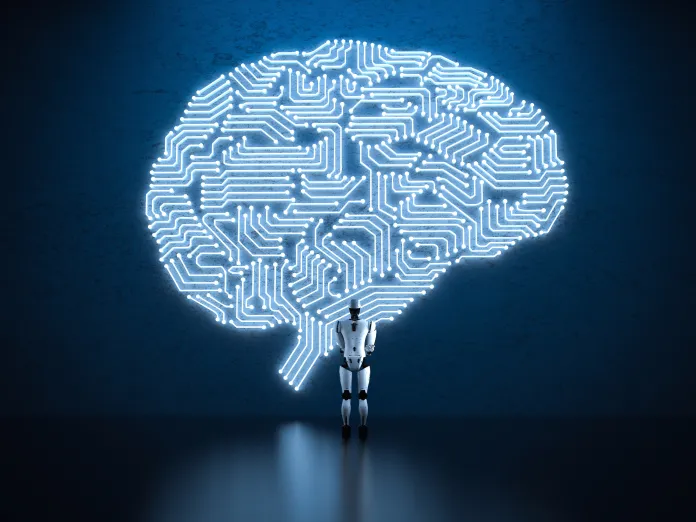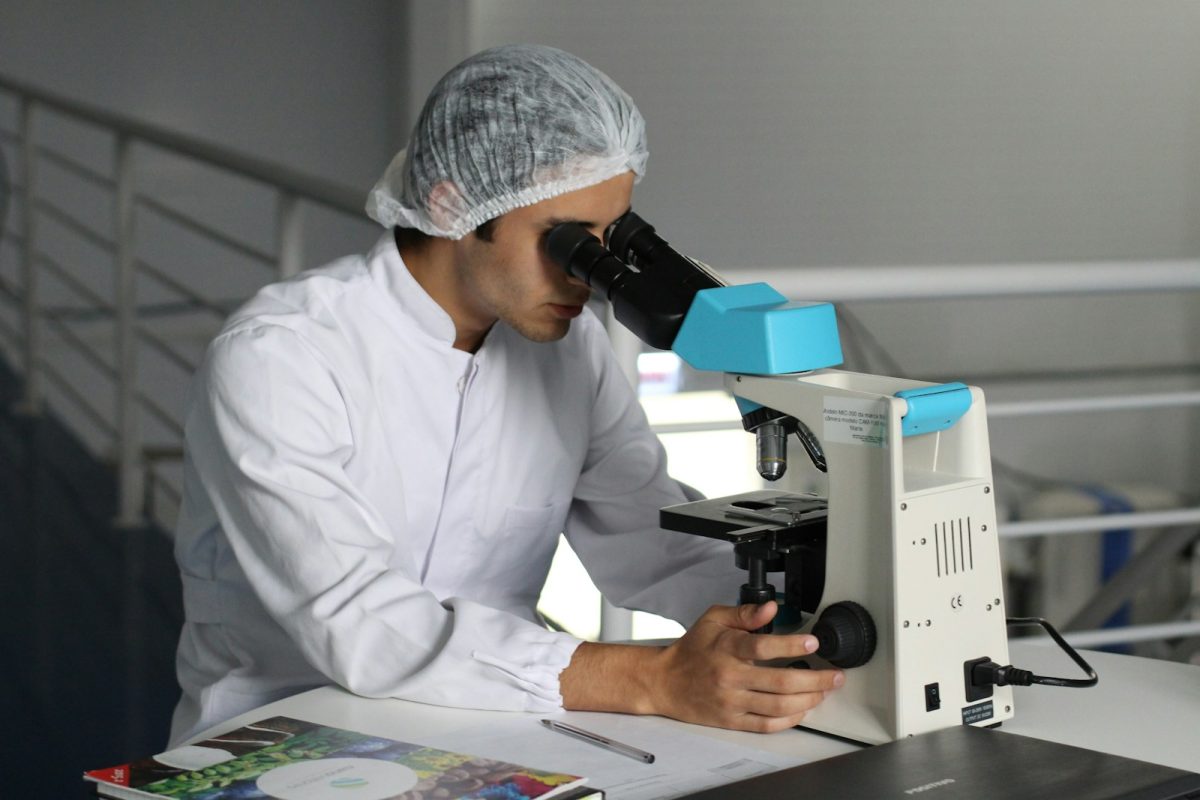Parkinson’s is a degenerative disease that has caused so many people to live their last moments bedridden. But what is it and is there a cure? Parkinson’s disease is a progressive neurological disease that affects your body’s nerves. In simple terms, it causes your brain to deteriorate. It can affect motor control, thinking ability, and mental health. It usually affects people above 60, but some people can get it as young as 20, although rare.
Parkinson’s can take years before it severely affects someone. There are four stages of Parkinson’s.
- Stage 1: A person in the first stage of Parkinson’s is affected by mild symptoms that don’t cause difficulties in day-to-day activities. Tremors occur, and that too, usually on one side of the body. Changes in facial expressions happen as well.
- Stage 2: Tremors and other movement-related symptoms worsen and affect both sides of the body. Daily activities take more time.
- Stage 3: This is considered the middle of the progression of this disease. One would experience a loss of balance. Motor skills continue to get worse. They can continue to live by themselves, but they can’t do everything they could before they encountered Parkinson’s
- Stage 4: At this point, the person cannot do much. They are unable to live alone. They can stand and walk without help. However, some people require a cane or walker. The symptoms are fully developed at this stage.
- Stage 5: This is considered the final stage and is the most advanced. For some people, they are unable to stand or walk and are bedridden. They need help with all day-to-day activities.
Currently, there is no cure for Parkinson’s disease, but there is treatment available. The treatment varies from patient to patient, but medications are the main way to treat it. The medications stimulate dopamine in your brain. This helps to control the neurons involved in movement. An alternative is surgery. The surgery is to implant a device that will send small electric shocks to your brain. This is also known as deep brain stimulation. There are a lot of experimental treatments and clinical trials going on to cure Parkinson’s. For example
Related Stories:
https://my.clevelandclinic.org/health/diseases/8525-parkinsons-disease-an-overview
https://www.nia.nih.gov/health/parkinsons-disease/parkinsons-disease-causes-symptoms-and-treatments
https://www.parkinson.org/understanding-parkinsons/what-is-parkinsons/stages
https://www.mayoclinic.org/diseases-conditions/parkinsons-disease/symptoms-causes/syc-20376055
Take Action:






